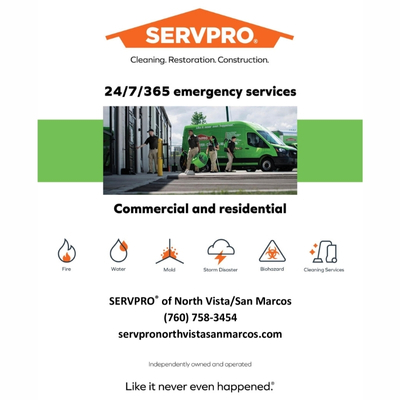BY LOU STORROW Attorney
STORROW LAW, APC
I have been getting a number of calls and emails about AB-5, the new law that changes the use of independent contractors in California.
After a landmark case by the California Supreme Court in 2018, the legislature decided to place new limits on who can be treated as a contractor rather than an employee. Some business owners believe that if you give a worker a 1099 instead of a W-2, that’s all that’s needed and you don’t have to worry about withholding, unemployment, workers compensation, overtime and a host of other legal requirements. Well, it was never that simple, but now, a new Labor Code section –2750.3 – makes it harder for the average business to employ people as anything but employees. The law took effect Jan. 1, but many businesses have until July 1 to make sure their subcontractors fit an exception.
Here are some FAQs:
Q: I’ve been using colleagues in my industry as independent contractors for years, to handle overflow work. Can I continue to do that as long as they have their own business license?
Mostly, no. Section 2750.3 declares that someone you hire to do work for your business is an employee for most purposes (wages, overtime, breaks, workers comp, unemployment, among other things), unless they meet all of these criteria, known as the “ABC Test”:
A. The person is free from the control and direction of the hiring entity in connection with the performance of the work;
B. The person performs work that is outside the usual course of the hiring entity’s business; and
C. The person is customarily engaged in an independently established trade, occupation, or business of the same nature as that involved in the work performed.
Unless you’re hiring a plumber to fix the pipes in your shoe store, the “B” prong of that test is the one most likely to give you trouble. For example, say you provide accounting services to small businesses, and you hire another accounting professional to service some of your clients. That person is your employee because they do what you do. The fact that they have their own clients, their own business license, even their own office, doesn’t make a difference.
Unless they fit one of the exceptions in the new law, you can’t do it the way it’s always been done.
Q: What are the exceptions?
There are about a dozen very specific exceptions, each with its own set of requirements. There are specific occupational exceptions for insurance salespeople, doctors and similar medical professionals, certain licensed professionals (lawyers, accountants, architects, engineers, investigators and securities brokers), “direct salespersons” defined by law, commercial fishermen (depending on where they fish), barbers, estheticians and manicurists with state certificates (if they rent chairs and set their own rates, among other things), and the list goes on.
There is a “professional services” exemption, but it’s limited to a list of specific services: marketing, HR administration, travel agents, graphic designers, grant writers, fine artists, enrolled agents (tax preparers), certain payment processing agents, still photographers, journalists, freelance writers, editors and cartoonists. The journalists and related professionals can do only a limited amount of work for the same publisher in a year, or they become employees! It’s cost a lot of freelancers their regular clients.
Another set of exceptions applies to licensed real estate salespeople, licensed contractors, and repossession agencies. Another applies to construction truckers. Still another exempts those who drive tow trucks for an auto club. It’s gotten that specific.
Q: With so many exceptions, why isn’t my industry on the list?
Talk to your industry’s lobbyist. Apparently some had the attention of lawmakers while others did not. Notably, Uber and Lyft drivers are not given an exception – but I’m told the law was actually aimed at the online “gig” economy. But don’t worry about Uber and Lyft – they’ve chosen to challenge the new law in court.
Q: What about the traditional business-to-business relationship? Are all those people my employees now?
There is a general exception that applies to a “bona fide business-to-business contracting relationship.” For example, if you contract with a repair service to keep your copy machines working (do you still use a copy machine?) that’s a “bona fide” business to business relationship, but not if you contract with that repair service to fix your customers’ machines. The contracting business has to provide services to your business, not your customers.
Q: If I just refer “excess” calls to another business and they contract directly with the customer, is that still okay?
Yes, as long as you do that for free. If you act as a referral agency, there is an exception – but it only applies to certain fields. A “referral agency” is a “business that connects clients with service providers that provide graphic design, photography, tutoring, event planning, minor home repair, moving, home cleaning, errands, furniture assembly, animal services, dog walking, dog grooming, web design, picture hanging, pool cleaning, or yard cleanup.”
The service provider has to work under their own name, set their own rates, and run their own independent business, among other things.
You’ll want to study all of the requirements for each exception, or you could end up being someone’s employer – or joint employer – without intending to. And if your current business doesn’t fit the exceptions, then I guess the Legislature has chosen to screw over your particular industry.
Some of you are probably wondering how California got so crazy. For that answer, you’ll have to call your elected representatives, or your lobbyist.
—————–
Lou Storrow is a labor attorney with more than 30 years experience advising and representing small businesses and employees in North County San Diego.



















